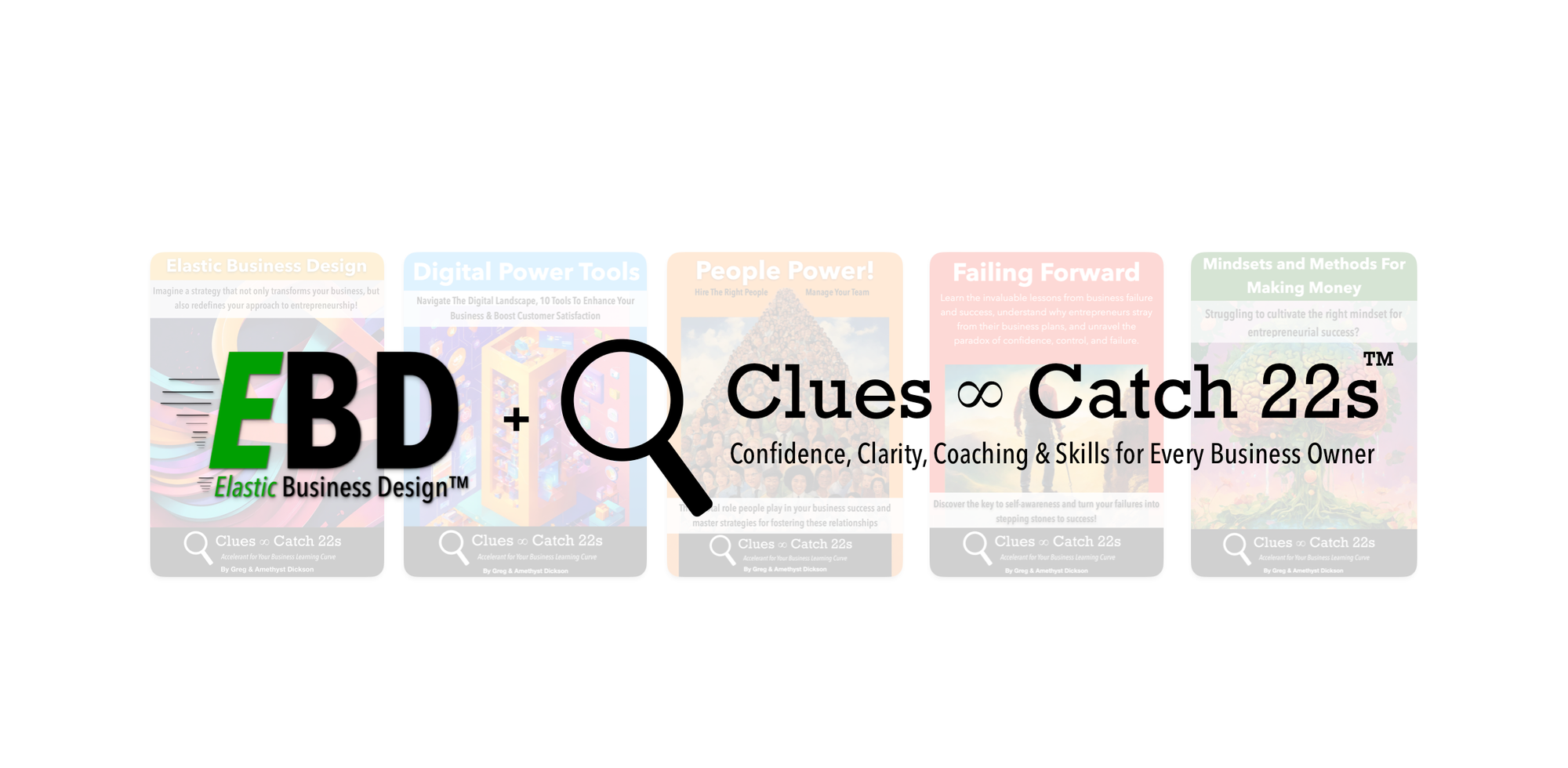Self Reflection
Individuals should ask themselves questions to understand their strengths, passions, and areas of expertise. This self-awareness can guide them towards business opportunities that align with their experience and interests.
- Strengths: "What tasks do I excel at, and what skills make me stand out in my field?"
- Passions: "What activities or tasks do I enjoy most in my work? What work would I do even if I wasn't paid for it?"
- Areas of Expertise: "In what areas do I have deep knowledge or specialized skills?"
Industry Analysis
Understanding the profitability and viability of different industries can help identify potential business opportunities. Individuals should leverage their experience to identify industries where they have competitive advantage.
- Conduct Market Research: Gather data about the size, demographics, and behaviors of the industry's consumer base. This will give you insights into the potential demand for your product or service.
- Analyze Industry Trends: Stay updated on the latest trends. This includes changes in consumer preferences, technological advancements, or regulatory shifts. These trends could affect the industry's future and your business's place within it.
- Identify Key Competitors: Study businesses within the industry that offer similar products or services. Understanding their strengths and weaknesses can help you differentiate your business and identify opportunities for growth.
- Evaluate Industry Growth: Look at the industry's growth rate and future projections. A growing industry is often a sign of increased consumer demand and potential business opportunities.
Skills Gap Analysis
Individuals should assess their skills and identify any gaps that need to be filled to run a successful business. This could involve learning new skills or partnering with others who complement their skills. To conduct a skills gap analysis, follow these steps:
- List the skills necessary for your business: Identify all the core skills that are needed for the successful operation of your business. These could be technical skills, soft skills, or industry-specific knowledge.
- Rate your proficiency in each skill: On a scale of 1-10, rate your proficiency in each of the skills you have listed. Be honest with yourself.
- Identify the gaps: Any skill where you rated yourself less than 7 could be considered a gap that needs to be addressed.
- Make a plan to fill the gaps: Consider whether it would be more beneficial to learn the skill yourself or to hire someone who is already proficient. If you choose to learn, look for online courses, workshops, or mentorship opportunities to help you develop the skill.
Identification of Customer Problems
Individuals with practical experience in a particular field often have a deep understanding of customer problems. This insight can help identify business opportunities that solve these problems.
- Conduct Surveys: Use online or paper surveys to gather information about the challenges and problems customers face. This can provide direct insight into their needs and pains.
- Facilitate Focus Groups: Organize a group discussion with a set of customers. This can provide deeper insights as customers discuss their problems and needs.
- Direct Observation: Observing customers in their natural setting can reveal problems they face that they might not be aware of or might not mention in surveys or interviews.
- Customer Interviews: Having one-on-one conversations with customers can provide deep insights into their problems. This allows for a more personal understanding of their needs.
- Feedback Analysis: Analyze customer feedback and reviews of products or services similar to what you plan to offer. This can reveal common problems that customers face.
Learning Curve Awareness
They should be aware of the learning curve associated with starting a new business and be prepared to invest time, energy, and resources into learning new things.
- Business operations: entrepreneurs will need to understand the ins and outs of running a business, which includes everything from managing finances to handling customer relations.
- Industry-specific knowledge: Depending on your chosen industry, you may need to learn about specific rules and regulations, market trends, and unique challenges that could affect you business.
- Leadership and management: If they've never managed a team before, they'll need to learn about leadership strategies, team dynamics, and effective communication.
Reflective Worksheet
- Self Reflection:
- What tasks do I excel at, and what skills make me stand out in my field?
- What activities or tasks do I enjoy most in my work?
- In what areas do I have deep knowledge or specialized skills?
- Industry Analysis:
- What data have I gathered about the size, demographics, and behaviors of the industry's consumer base?
- What are the latest trends in the industry?
- Who are the key competitors in the industry and what are their strengths and weaknesses?
- What is the growth rate of the industry and what are the future projections?
- Skills Gap Analysis:
- What are the core skills needed for the successful operation of my business?
- How would I rate my proficiency in each of these skills on a scale of 1-10?
- What gaps have I identified and what is my plan to fill these gaps?
- Identification of Customer Problems:
- What information have I gathered about the challenges and problems customers face?
- Have I facilitated focus groups to gather deeper insights?
- Have I observed customers in their natural setting to reveal problems they face?
- Have I had one-on-one conversations with customers to understand their needs?
- What common problems have I identified from analyzing customer feedback and reviews?
- Learning Curve Awareness:
- What aspects of business operations do I need to understand better?
- What industry-specific knowledge do I need to learn about?
- What leadership and management skills do I need to develop?
